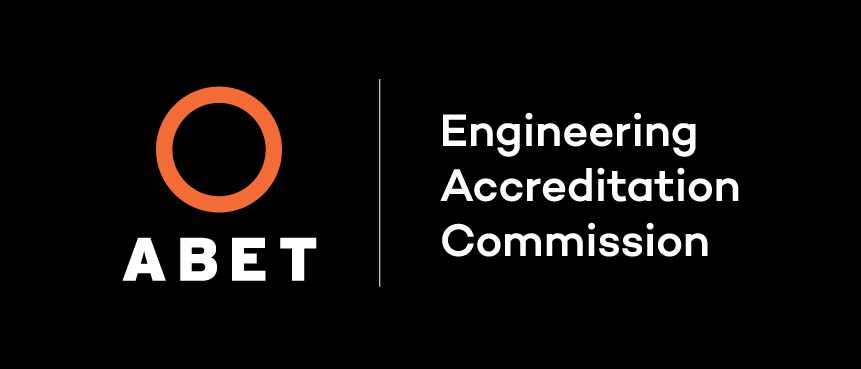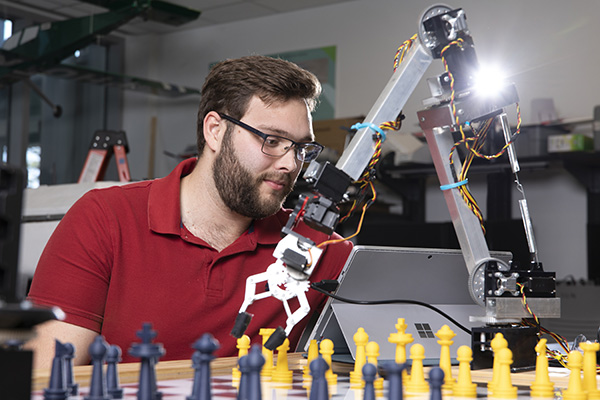From cell phones to GPS and beyond, electrical engineers have contributed to the development of a wide range of indispensable modern technologies. If you like using hands-on science to change the world, consider UWF's electrical engineering program, and join an exciting field.
Why Study Electrical Engineering at UWF?
Our goal is to ensure you will be successful in your chosen electrical engineering career.
Our graduates pass Professional Engineer tests at rates higher than the national average. And our graduates attend elite graduate schools, including Johns Hopkins, Carnegie Mellon and Georgia Tech.
The Electrical Engineering program is accredited by the Engineering Accreditation Commission of ABET. ABET accreditation is assurance that a program meets the quality standards established by the profession for which it prepares its students.
We offer numerous scholarships, a range of internship and co-op experiences with local companies and plenty of undergraduate research opportunities.
Our student teams compete in regional and national student robotics competitions and regularly beat teams from much larger and better known engineering programs.
Our program is offered at both the Pensacola campus and UWF Emerald Coast in Fort Walton Beach.
What You Will Learn
Our program prepares you to specialize in such areas as electronics, robotics, electronic-based communications, signal and image processing, controls and power systems.
Engaged professors teach in well-equipped facilities and supplement classes with hands-on experience.
Our curriculum concentrates on a solid core of foundation courses. Our electives allow you to delve deeply into selected subject matter. You can start taking engineering courses before you have completed the math and science prerequisites, provided those engineering classes do not list prerequisites.
In the last two semesters, you will work on a senior design project (capstone) as the culmination of your engineering education. After developing objectives and analysis, you will create design concepts, researching implementation methods and performing a feasibility study. At the end of the final semester, you will present your project.
A minor in electrical engineering will provide you with an opportunity to take a limited number of electrical engineering courses to develop engineering skills to complement your major.
The online Engineering Professional undergraduate certificate is designed for engineering students and engineers early in their careers. This certificate combines three certificate preparation courses that deliver highly valued industry skills.



.jpg)






